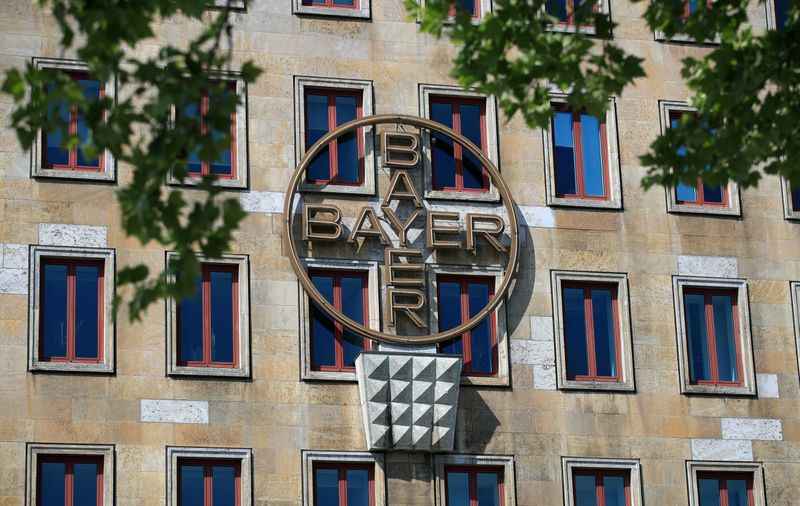This post was originally published on this site
https://i-invdn-com.akamaized.net/trkd-images/LYNXMPEG5O0CE_L.jpg
(Reuters) – Seeking to forestall further claims, Bayer AG (DE:BAYGn) is taking a risky bet that an independent scientific review will ultimately show that its widely used weed killer Roundup does not cause cancer, legal experts said.
The company on Wednesday agreed to pay as much as $10.9 billion to settle about 75% of the 125,000 filed and unfiled claims by Roundup users who say the herbicide caused them to develop a form of blood cancer.
But Bayer (OTC:BAYRY) had to find a separate solution to mitigate the risk of future claims without pulling the product off the shelves. The company decided to make a calculated gamble on the scientific evidence which so far has overwhelmingly supported its claim that glyphosate, the active ingredient in Roundup, is safe for agricultural use.
Regulators worldwide, including the U.S. Environmental Protection Agency and the European Chemicals Agency, have determined glyphosate to be non-carcinogenic.
But the World Health Organization’s cancer research arm determined the herbicide to be a “probable carcinogen” in 2015 and since 2018, three consecutive U.S. juries, who listened to scientific evidence from both sides during trial, found that Roundup causes cancer.
“Bayer is taking a huge risk by doing this and it’s a bet that time can show that the science underlying the plaintiffs’ claims is bad,” said David Noll, a law professor at Rutgers University.
While many details of the proposal have yet to be released by Bayer and approved by a federal judge, the plan calls for an independent panel of scientific experts, who will likely be chosen and agreed upon by both sides.
The company will pay $1.25 billion to support the panel’s research, an amount that does not include any payouts to settle future lawsuits.
The scientific review process is expected to take at least four years, and findings by the panel would be binding on Bayer and anyone who has used Roundup before Wednesday but not developed cancer.
If the panel finds glyphosate to be non-carcinogenic, those users could not sue.
If the panel determines glyphosate causes cancer, however, Bayer could face a flood of new lawsuits, with potential damages determined at a later stage. Bayer on Wednesday said the lead plaintiffs’ lawyers have agreed to its plans, but Reuters was not immediately able to reach those attorneys for comment.
Lawyers for Roundup cancer claimants in the past have alleged that Bayer manipulated scientific studies and deceived the scientific community, claims Bayer denies.
Company executives on calls with reporters and analysts on Wednesday repeatedly said the science was in their favor.
“We are confident that the science panel will look at the scientific body of evidence and come to the conclusion that glyphosate is safe,” said Bayer’s global head of litigation, Bill Dodero.
Scientific panels have been set up in previous mass torts but generally not as part of a settlement process, legal experts said. Bayer’s proposal was “creative but risky” and will likely face procedural challenges in court, said Adam Zimmerman, a professor at Loyola Law School.
The experts said many details, including how people who have not yet gotten sick could give up their rights to a future lawsuit under the proposal, remained unclear.

